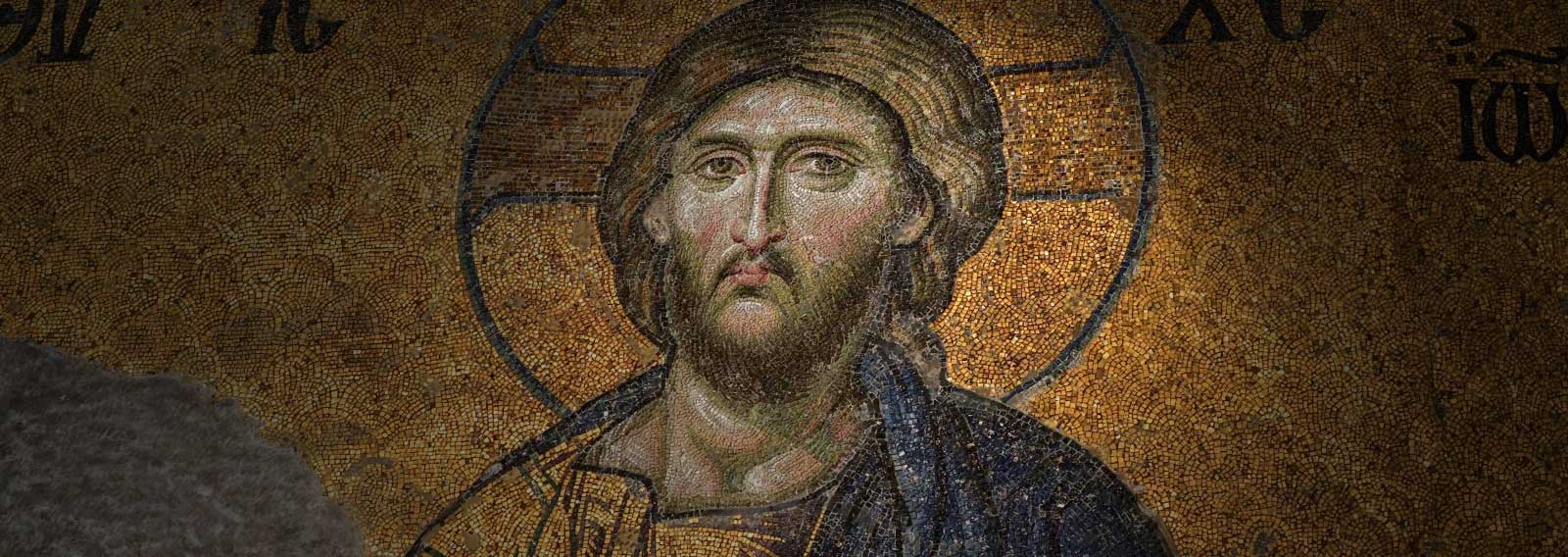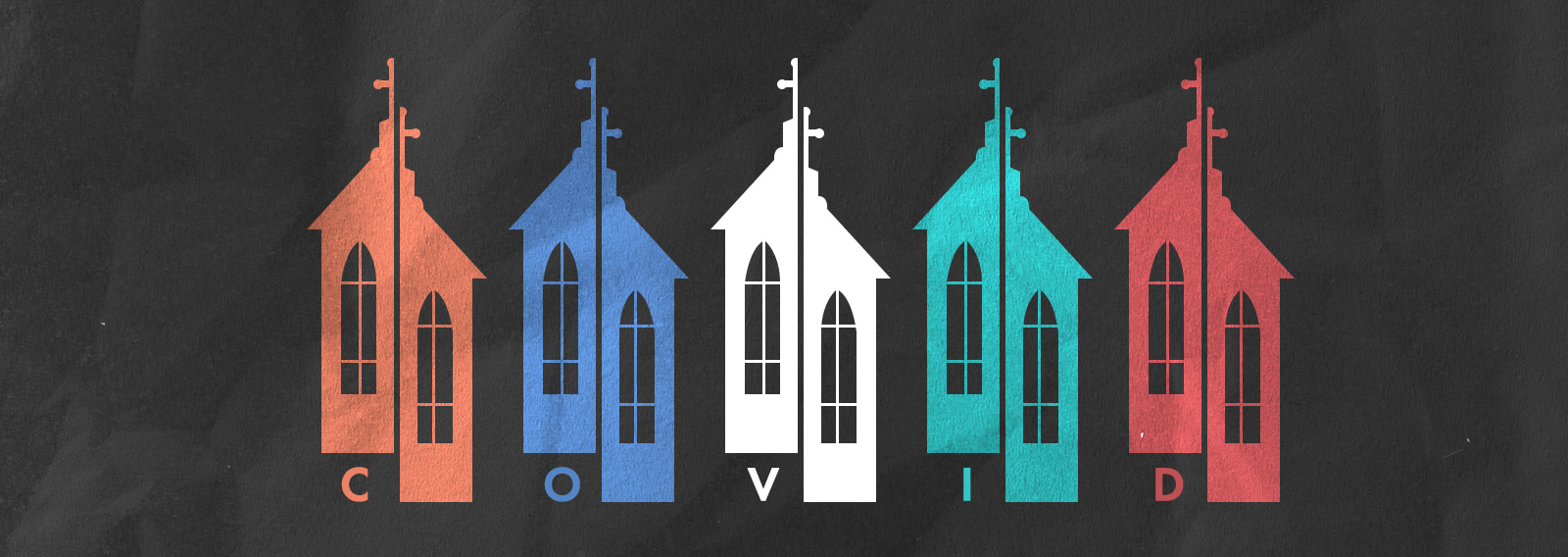When a culture becomes convinced that there is no longer any such thing as black and white, but just ninety-nine shades of grey, then the ones still holding to absolutes are considered to be troublemakers and madmen. Such is the case today for those who still affirm biblical Christianity.
The culture around us is steeped in relativism, subjectivism, and an aversion to truth. But sadly much of the church is moving in this direction as well. Those who have been involved in teaching young people over the years certainly will have noticed this shift in thinking, with more and more Christians expressing doubts about absolute truth.
I increasingly hear from some young people that they think we can’t be so black and white in our beliefs, and that the Bible itself is not so black and white. I always cringe when I hear such talk. Of course, to be fair, it does depend on just what they are referring to exactly.
If they simply mean that some things can be hard to understand, or that Christians can disagree on various issues – especially secondary matters – then yes, I can see where they are coming from. But if they mean that core Christian truths such as the Deity of Christ and the reliability of Scripture are just too fuzzy and unclear, then I have some real problems with this.
And many of them seem to think that the Bible is actually all very grey when it comes to key moral issues as well, such as abortion or homosexuality. When believers try to tell us that the Bible is not black and white on such issues, then you know that the world has been heavily influencing them.
The bottom line is this: Scripture IS black and white. How can it be otherwise? It is the very word of God, and God cannot lie. He is a God of truth, so all his words are true. As Jesus put it in John 17;17, “Your word is truth.” Or as Paul put it in Romans 3:4 “Even if everyone else is a liar, God is true” (NLT).
Sure, we recognise that while the Bible is completely true and without error, we are not. We are fallen and finite, so we need care and diligence as we seek to rightly understand and apply God’s truth. But we are not left in endless doubt and scepticism. The Holy Spirit has been given to every believer to guide them in all truth (John 16:13).
We can have real certainty – at least about the basics. As 1 John 5:13 says, “I write these things to you who believe in the name of the Son of God, that you may know…” Indeed, the idea of certainty in belief is found throughout Scripture. I like what John Stott has to say about this. As he puts it in the beginning of his classic book Christ the Controversialist:
The corridors of the New Testament reverberate with dogmatic affirmations beginning ‘We know’, ‘We are sure’, ‘We are confident’. If you question this, read the First Epistle of John in which verbs meaning ‘to know’ occur about forty times. They strike a note of joyful assurance which is sadly missing from many parts of the church today and which needs to be recaptured.
Or as he says in his commentary on the Johannine Epistles:
To read the Epistles of John is to enter another world altogether, whose marks are assurance, knowledge, confidence, and boldness. The predominant theme of these Epistles is Christian certainty. Their characteristic verbs are ginoskein, ‘to perceive’ (15 times), and eidenai, ‘to know’ (25 times), while the characteristic noun is parresia, ‘confidence of attitude’ or ‘boldness of speech’. The Christian’s certainty is twofold—objective (that the Christian religion is true) and subjective (that he himself has been born of God and possesses eternal life). Both are expounded by John, who takes it for granted that this double assurance is right and healthy in all Christian people. His teaching about these certainties, their nature and the grounds on which they are built, urgently needs to be heard and heeded today.
In an age that denies truth and absolutes, Christians must resist the siren call to join with it in its deep-seated scepticism. There is real objective truth out there which is knowable. As Francis Schaeffer used to say, we may not have exhaustive truth, but we do have true truth.
But more and more Christians today are caving in on this. So many times I hear folks tell me, ‘Bill, you are too black and white.’ I like to remind them that the prophets and Jesus and the disciples were all pretty black and white as well. I prefer to be known for standing solidly on truth than for believing in nothing.
Let me finish with a few more quotes about these matters. Having just mentioned Schaeffer, let me offer this from his important book, A Christian Manifesto:
Here is the great evangelical disaster – the failure of the evangelical world to stand for truth as truth. There is only one word for this – namely accommodation: the evangelical church has accommodated to the world spirit of the age. First, there has been accommodation on Scripture, so that many who call themselves evangelicals hold a weakened view of the Bible and no longer affirm the truth of all the Bible teaches — truth not only in religious matters but in the areas of science and history and morality. As part of this, many evangelicals are now accepting the higher critical methods in the study of the Bible. Remember, it was these same methods which destroyed the authority of the Bible for the Protestant church in Germany in the last century, and which have destroyed the Bible for the liberal in our own country from the beginning of this century. And second, there has been accommodation on the issues, with no clear stand being taken even on matters of life and death.
And G. K. Chesterton is always worth running with. In his superb book Orthodoxy, he writes:
What we suffer from today is humility in the wrong place. Modesty has moved from the organ of ambition. Modesty has settled upon the organ of conviction; where it was never meant to be. A man was meant to be doubtful about himself, but undoubting about the truth; this has been exactly reversed. Nowadays the part of a man that a man does assert is exactly the part he ought not to assert – himself. The part he doubts is exactly the part he ought not to doubt – the Divine Reason. . . . The new skeptic is so humble that he doubts if he can even learn. . . . There is a real humility typical of our time; but it so happens that it’s practically a more poisonous humility than the wildest prostrations of the ascetic. . . . The old humility made a man doubtful about his efforts, which might make him work harder. But the new humility makes a man doubtful about his aims, which makes him stop working altogether. . . . We are on the road to producing a race of man too mentally modest to believe in the multiplication table.
Lastly, some words from Os Guinness. In his 2000 book Time for Truth, he says this:
In the biblical view, truth is that which is ultimately, finally, and absolutely real, or the ‘way it is,’ and therefore is utterly trustworthy and dependable, being grounded in God’s own reality and truthfulness. . . . Belief in something doesn’t make it true; only truth makes a belief true. But without truth, a belief may be only speculation plus sincerity. . . . The Christian faith is not true because it works; it works because it is true. It is not true because we experience it; we experience it – deeply and gloriously – because it is true. It is not simply ‘true for us’; it is true for any who seek in order to find, because truth is true even if nobody believes it and falsehood is false even if everybody believes it. That is why truth does not yield to opinion, fashion, numbers, office, or sincerity – it is simply true and that’s the end of it.
Yes, truth exists. Yes, there is more than mere greyness – there are things that are black and white. Christians need to return to strongly affirming God and his truth, and not be shy in declaring this to a world starving for certainty and veracity.

























